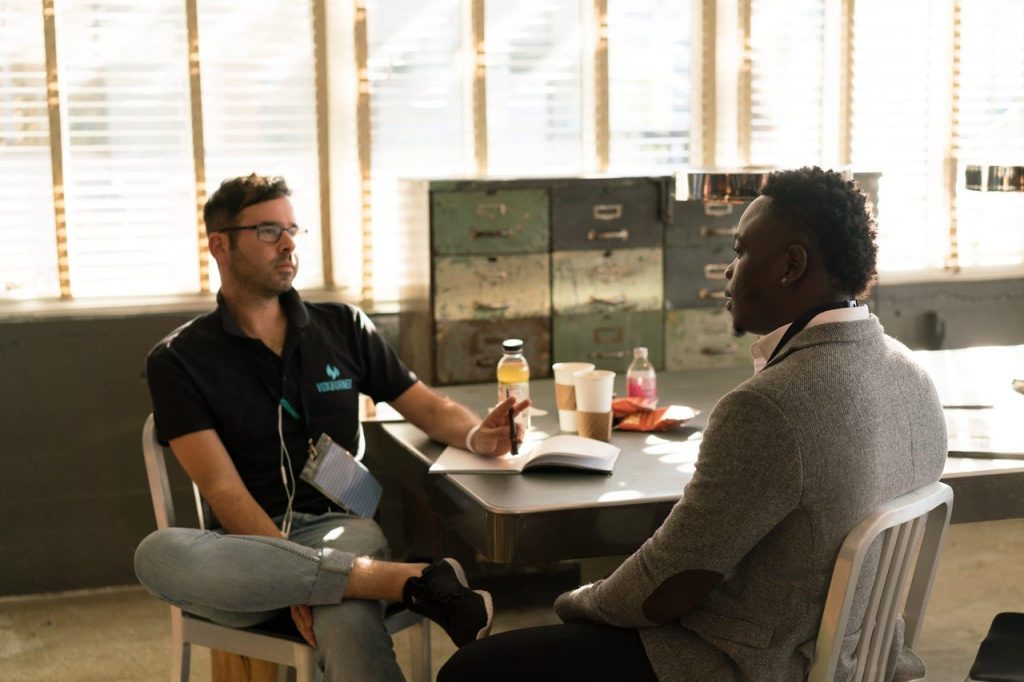Communication skill is the most basic skill for interviews but not all people have it. Also, many do not understand the value of this ability. Developing your career around this skill is very crucial to your success. In the success of a person or firm, communication is vital.
Key Principles You Should Note for Successful Interviews
Hearing vs. Listening
Hearing is far different from listening. In hearing, you are using your ears to hear, but this does not necessarily follow that you understand what you heard. Try to assess yourself: are you the type of person who loves to talk or are you someone who likes to listen? Do you interrupt a person talking or do you let him speak?
If you are a talker and you unconsciously interrupt people, then you have a problem. Many are guilty of this because they do not understand the essence of listening. To listen is to hear with your heart and understand with your mind. It is like you have heard the information for the first time. Your judgment about the person and topic should not interfere when you listen. Listening, apparently, is greater than hearing.
Listen to the interviewer intently. If you do not understand a question, never ever assume that you did. Ask them politely to rephrase the question. It is better if you ask than give an incorrect answer. No employer would like to hire employees who are unable to relate to statements well.
Speaking/Talking vs. Relating
Understanding the person you are talking to will help you relate to him/her properly. Communication is not simply doing the talk, but understanding it as well. It should be a two-way process to avoid gaps or lapses in information. During the interview, you are supposed to talk about yourself. You should be able to convey information needed by the interviewer about your accomplishments and experience that could be important to the job you are seeking.
Beyond conveying the right information, there is also a need to establish the right relationship. Relating to the interviewer is crucial. He represents the company to you. If you cannot relate to him properly, how would you be able to relate yourself to the company? But this does not mean that you can ask several questions to the interviewer the way he does to you. Try to gauge each interviewer and think of ways on how you can relate to him. Establish rapport to catch the interest of your interviewer. You will find it surprising how good the conversation is, you might even forget about the pressure that you are in an interview.
Interviews are conducted because the company wants to know who among their applicants deserve to become part of their organization. A good conversation leads to more positive and promising results. Developing this skill takes time, but with patience, you can master it quickly.
For more expert career advice about job search and interviews, you can visit our resources page.
Photo by Startup Stock Photos and nappy from Pexels



